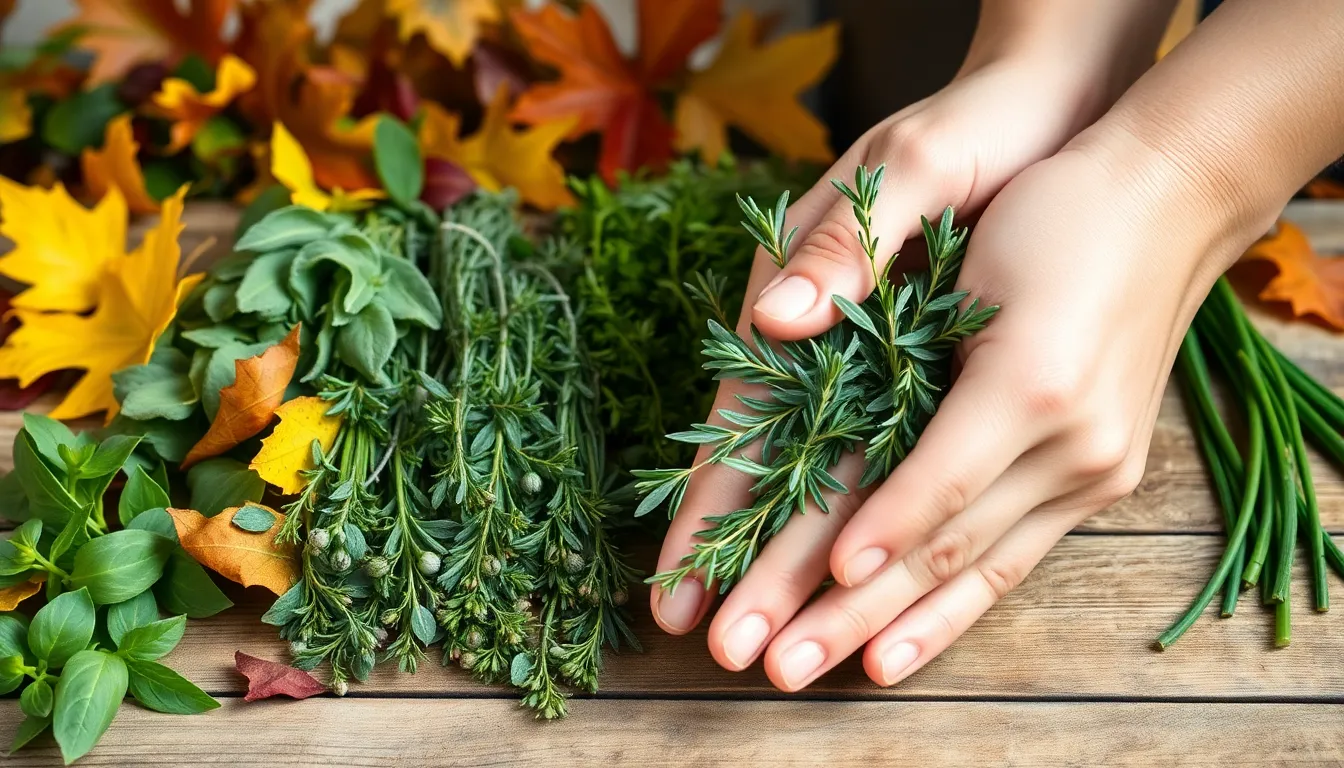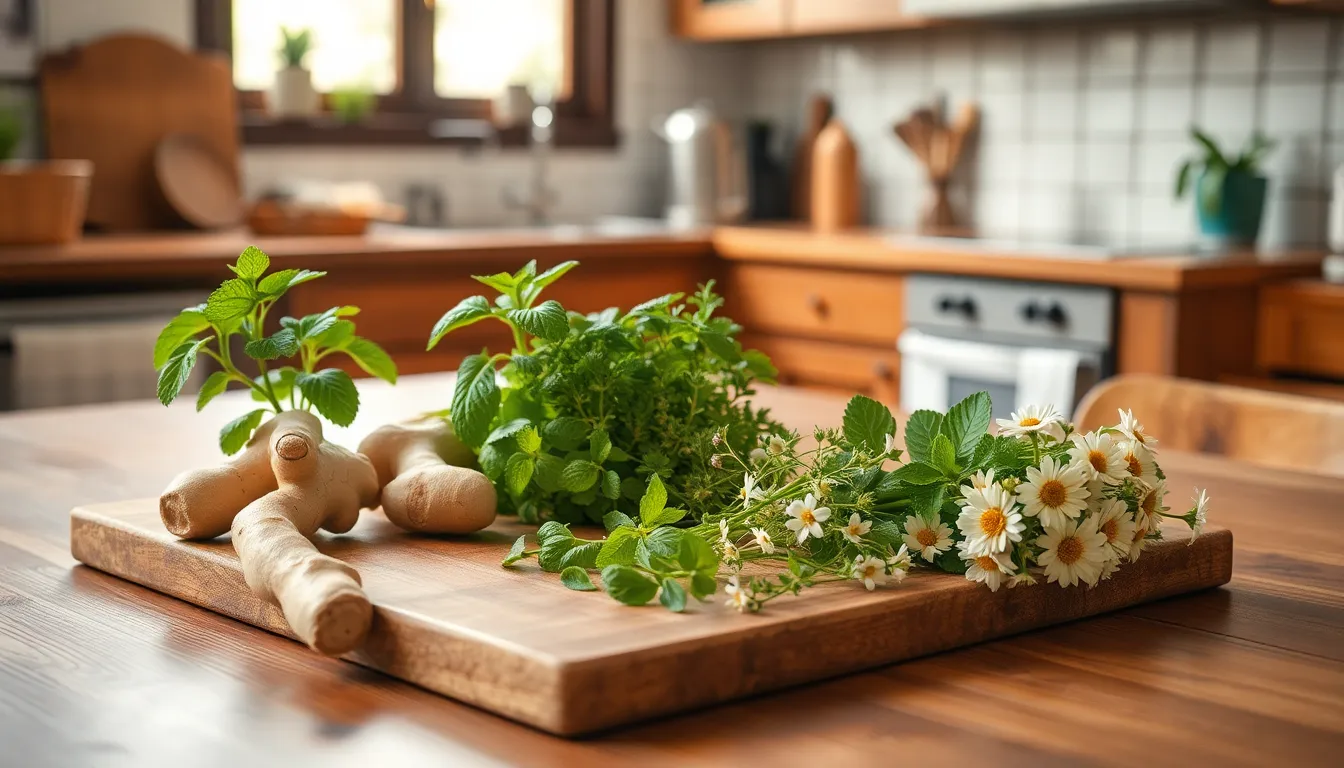satka mataka.com
Cultivate Your Green Thumb
Discover tips and inspiration for vegetable gardening, flower power, and herb haven. Your ultimate resource for all things green and growing!

Welcome
A Few Words About Us
At Satkamataka.com, we’re passionate about all things green and growing.
Our mission is to provide you with expert advice, tips, and inspiration across three vibrant categories: vegetable gardening, flower power, and herb haven. Whether you’re a seasoned gardener or just starting out, our informative posts are designed to help you cultivate a thriving garden and enjoy the beauty and bounty of nature.
Master the Art of Vegetable Gardening
Cultivate Freshness Right from Your Backyard
Vegetable Gardening Supplies: Essential Tools for a Thriving Home Garden
Indoor Vegetable Gardening: Unlock Freshness and Joy in Your Home
Explore Now
Vegetable Gardening: Grow Your Own Freshness
Unlock the secrets to a bountiful vegetable garden with our tips and practical advice. From planting and nurturing to harvesting and beyond, learn how to cultivate a variety of vegetables right in your backyard. Experience the joy and satisfaction of growing your own fresh, organic produce.
Flower Power: Bloom with Beauty
Dive into the colorful world of flowers and transform your garden into a vibrant paradise. Discover essential techniques for planting, caring, and arranging your floral favorites. Whether you’re looking to create a stunning flower bed or a charming bouquet, our insights will help your garden burst with beauty and fragrance.
Herb Haven: Savor the Flavor
Create your own herb haven and enjoy fresh, flavorful herbs year-round. Our comprehensive guides cover everything from selecting the right herbs to planting, growing, and harvesting them. Enhance your culinary creations and home remedies with the finest herbs grown just steps away from your kitchen.
Flower Power Picks by Solgimin Pelkam
Flowers on Cake: Transform Your Celebrations with Stunning Floral Decor
Fake Hydrangea Flowers: Transform Your Home Decor with These Stunning, Maintenance-Free Blooms
Philippine Flowers: Discover the Beauty, Culture, and Conservation of Vibrant Blossoms
Wedding Flowers Types: Discover the Perfect Blooms for Your Big Day
Caribbean Flowers: Discover the Vibrant Blooms That Enrich Paradise
Get in Touch with Us
We’d love to hear from you! Whether you have questions, feedback, or simply want to share your gardening experiences, our team is here to help. Reach out to us through our contact form or email and we’ll get back to you as soon as possible. Let’s grow together!


















